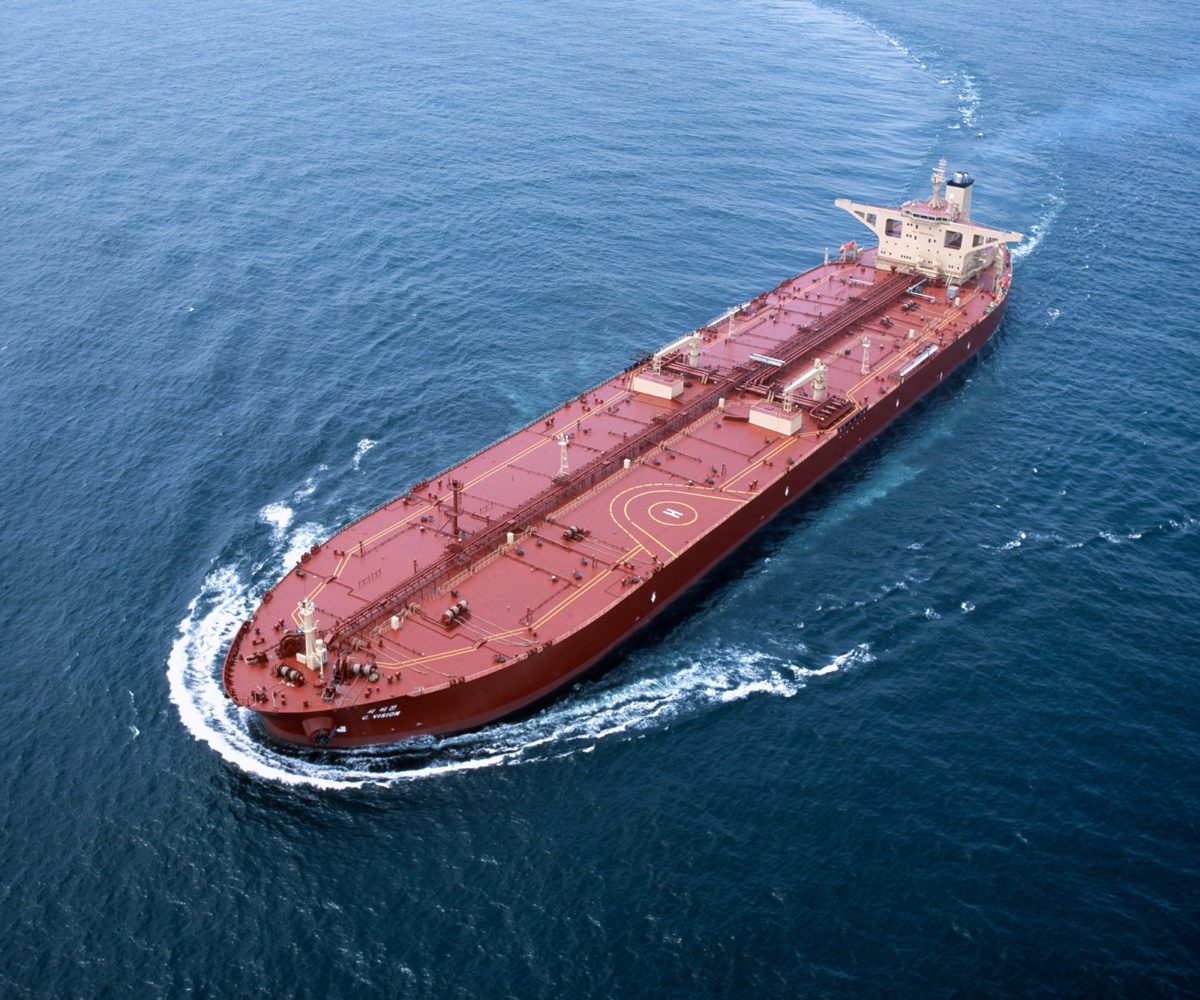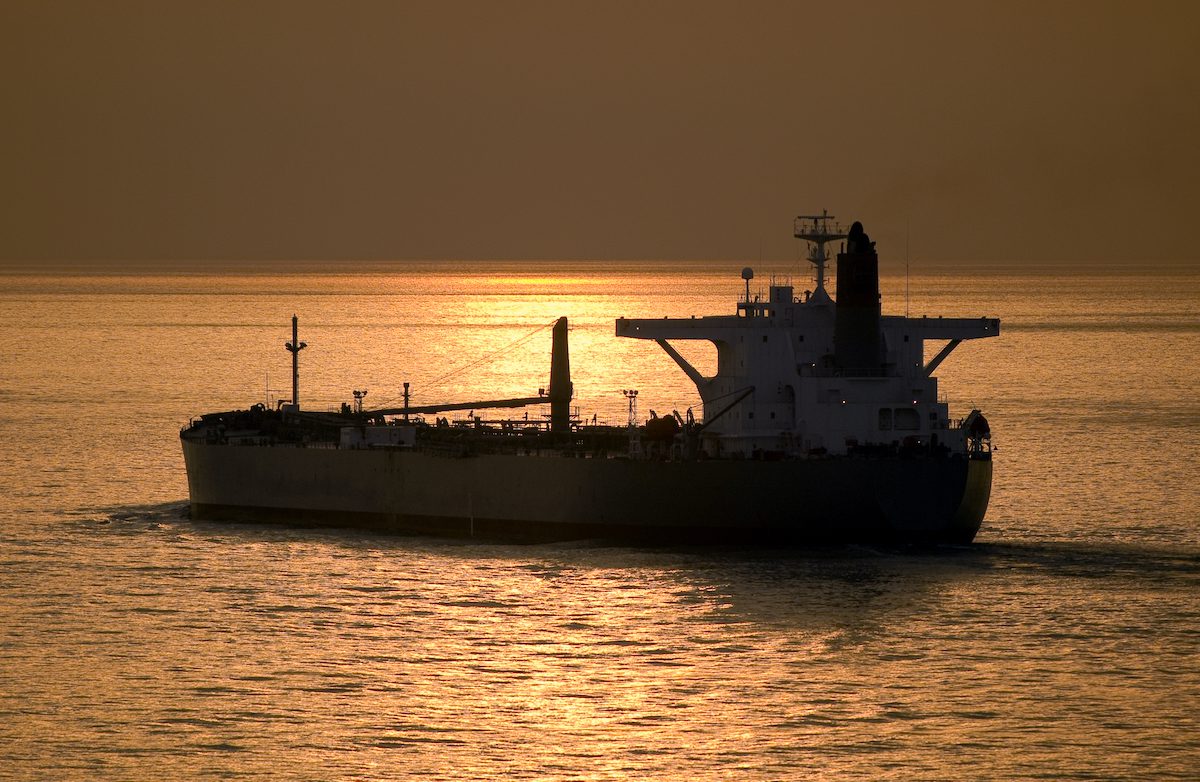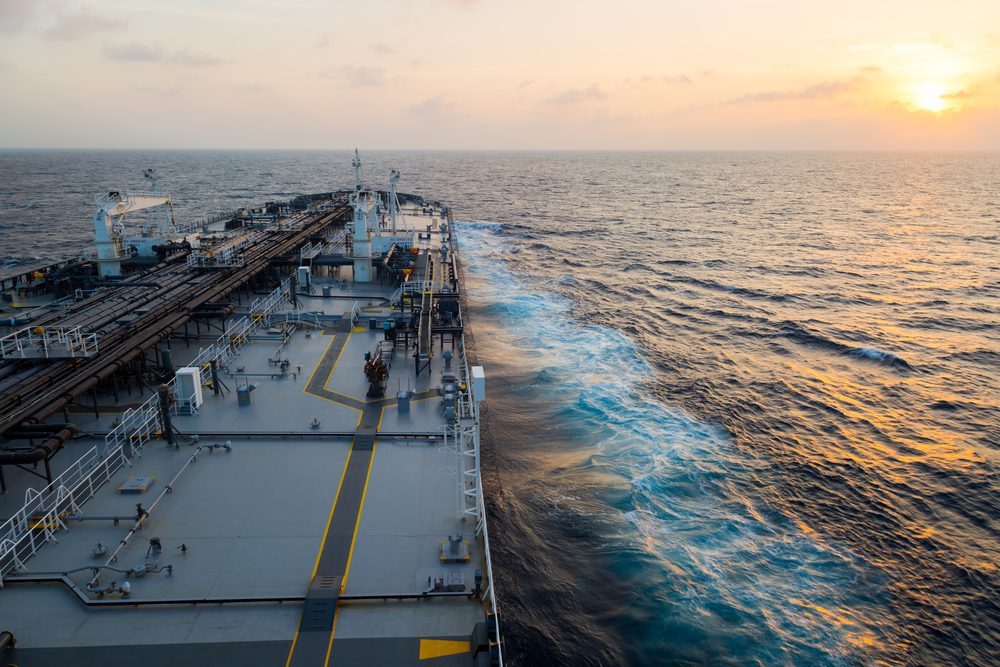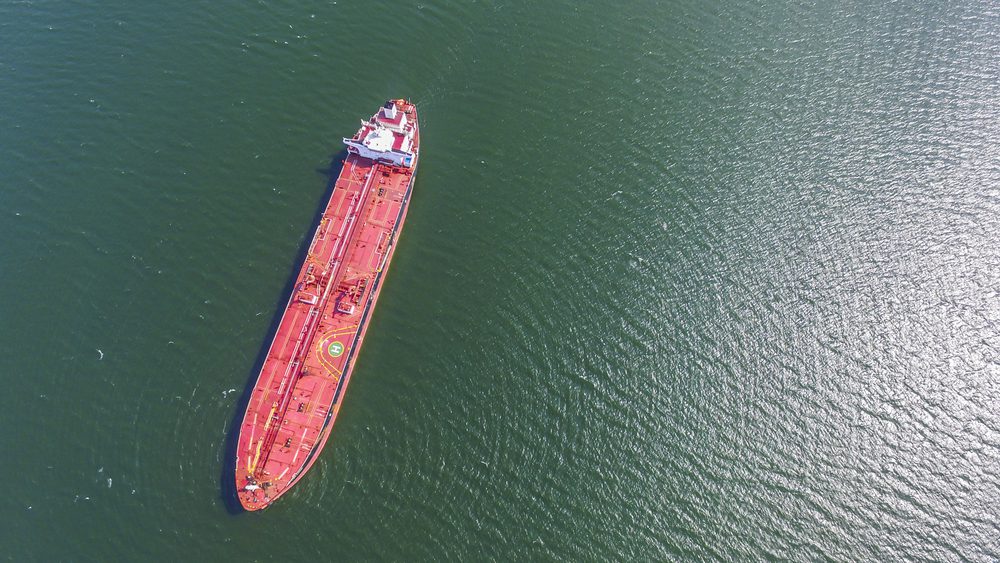
 By Keith Wallis
By Keith Wallis
SINGAPORE, March 3 (Reuters) – Freight rates for very large crude carriers (VLCCs), which fell to four-month lows this week, face an uncertain direction next week as refinery maintenance and excess tonnage pressure rates even as owners resist moves by charterers to push rates lower, brokers said.
Meanwhile, rates on routes from the Middle East and West Africa to China rose slightly this week after falling since Feb. 10.
“I think there will be a shallow recovery over the next two-three weeks,” said Ashok Sharma, managing director of BRS Baxi in Singapore.
Supertanker rates from the Middle East to China are down to around $22,000 per day, below or about the same level as breakeven costs, Sharma and tanker owner Frontline said.
Owners could start sailing at reduced speed to save fuel and costs, a move that would reduce the number of ships available for charter that would support freight rates, Sharma added.
“Charterers, wanting to charter vessels quickly, can lose more than owners idling ships for a few days,” he said.
But a raft of new vessels hitting the water, coupled with a heavy refinery maintenance season in Asia, oil producer output cuts and vessels released from floating storage will put pressure on freight rates.
“The short-term tonnage supply in Middle East has increased to levels not seen since mid-2016,” said Georgi Slavov, global head of energy, ferrous metals and shipping research, at consultancy Marex Spectron.
Around 52 VLCCs are due to be delivered this year, the highest annual number of deliveries since 2011, Frontline said in an fourth quarter earnings briefing on Feb. 28.
“At least 2 million barrels per day of refining capacity in the East of Suez is expected to be offline in March, more than double that of last year,” said Rachel Yew, Ocean Freight Exchange commodity and freight analyst, in a note on March 1.
“We believe that VLCC rates will remain depressed in the short term,” Yew said.
VLCC rates on the Middle-East-to-Japan route dropped to around 58.75 on the Worldscale measure on Thursday, the lowest since Oct. 27, 2016, from W69.75 a week earlier.
Rates on the West Africa-to-China route fell to W62.50 on Thursday, the lowest since Oct. 7, 2016, from W69.25 a week earlier.
Charter rates for an 80,000-dwt Aframax tanker from Southeast Asia to East Coast Australia climbed to about W107.75 on Thursday against W107 the same day last week. (Reporting by Keith Wallis; Editing by Amrutha Gayathri)
(c) Copyright Thomson Reuters 2017.
Editorial Standards · Corrections · About gCaptain
This article contains reporting from Reuters, published under license.

 Join The Club
Join The Club











